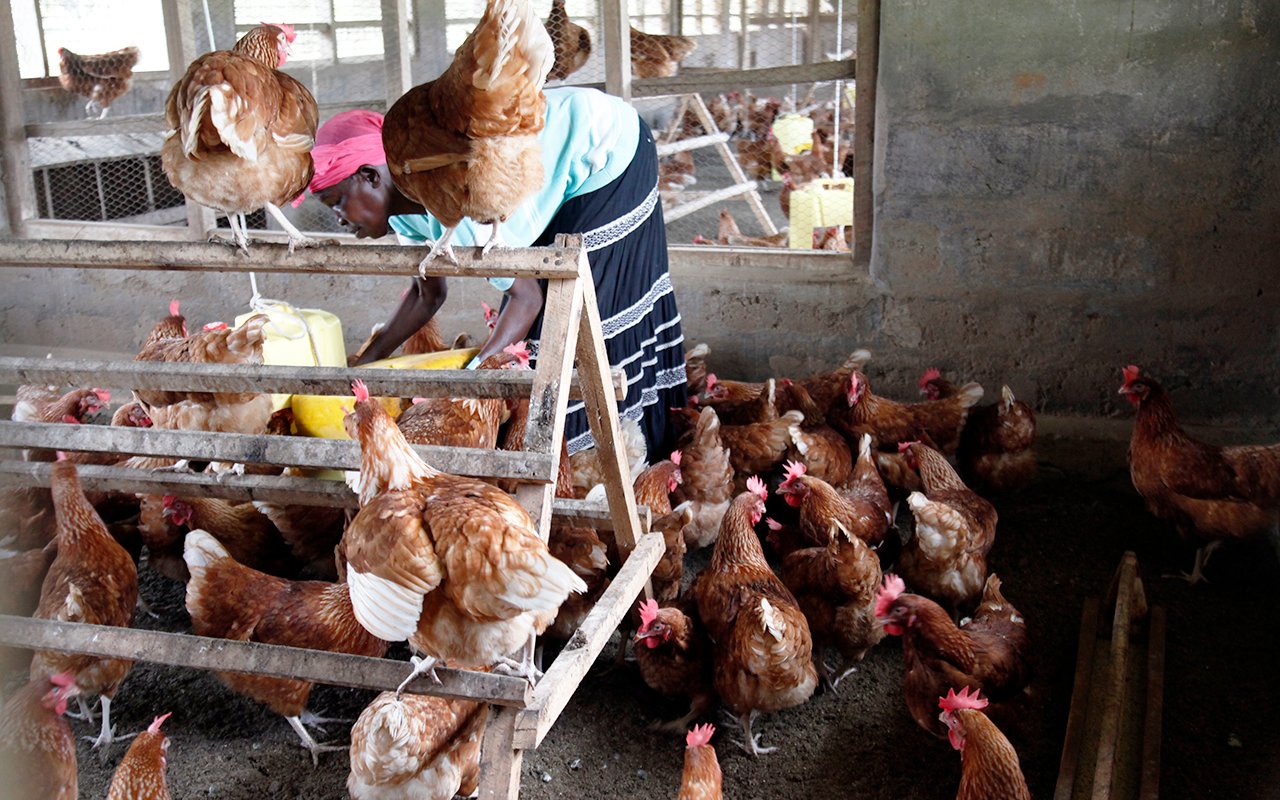Do you know what is in your sanitiser?

Sanitising should be combined with other preventive measures such as wearing a mask and washing your hands. PHOTO/ABUBAKER LUBOWA
ABDUL-NASSER SSEMUGABI
When sanitisers became a necessity, in the wake of the coronavirus pandemic, Randy Nakimera, a part-time teacher, trusted Blue+King, the brand she had used for long even before the advent of Covid-19.
She says it has 62 per cent ethanol or ethyl alcohol, which meets the 60 per cent alcohol mark, recommended by the World Health Organisation.
“I have no problems with it; I hate the alcoholic smell but it dries up fast and the smell disappears quickly,” she says.
Nakimera sanitises her hands about 10 times a day and the 68mls sanitiser she buys at Shs10,000 from a pharmacy takes her through a month.
But her preferred Blue+King somehow resembles Blue++King (mark the + sign), one of the 15 brands the Uganda National Bureau of Standards (UNBS) labelled fake in April, because they had failed the laboratory tests regarding the minimum 60 per cent alcohol content.
The national standards regulator also released a list of companies certified to manufacture sanitisers.
Medics say if the alcohol content in a sanitiser is less than the recommended one, it may simply reduce the growth of germs rather than kill them outright. So, if a brand trusted by some resembles a “fake” one, it raises concern.
Effects
And there are more questions about sanitiser usage; some users complain of side effects such as allergies and skin irritation, among others.
So, how safe are the sanitisers we use? How do you differentiate the genuine from those which are fake when you find sanitisers already at entrances to markets, arcades, taxis and most places you visit? Yet you cannot be allowed into some places if you insist on using your own.
Sylvia Kirabo, the UNBS head of marketing and public relations, says when the demand for sanitisers increased with the outbreak of Covid-19, many companies started manufacturing sanitisers. UNBS had to regulate this by certifying right and banning wrong.
“We advise the public to use only those products that carry our stamp of certification,” Kirabo says.
“And if we receive a customer complaint about a product that has our stamp, we take a sample of that very brand and test it to determine whether the claim is genuine,” she adds.
In July, the FDA, the US Food and Drug Administration, issued a statement claiming that some companies were taking advantage of the high demand for hand sanitiser during the coronavirus pandemic and using toxic ingredients such as methanol, which puts lives at risk.
When ingested, methanol (wood alcohol) is labelled life-threatening and is associated with blindness, hospitalisations and death.
What is safe?
Still in April, UNBS, on its Facebook page, announced free guidance to Ugandan manufacturers to ease the production of quality and safe sanitiser and disinfectant under the hashtag; #QualityEverywhere.
That was more than a week since Uganda had confirmed its first case of Covid-19 and no single death. But six months later, with nearly 8,000 cases, and 75 deaths, it is hard to ensure quality sanitiser usage everywhere. Not in most taxis (parks, stages or stops), markets, arcades and some malls.
Kirabo says companies find it cheaper to buy sanitiser in bulk (like in 20-litre cans) and just refill the (unlabelled) bottles or the cans at their entrances and in offices. “So, you might not get to know that they are using ‘legit’ sanitiser.”
She, however, acknowledges: “But the risk is when someone just mixes water with anything else, and claim it is sanitiser.”
“It is reported in public means of transport but we have no evidence to that effect,” Kirabo disclaims, but it could be the norm in the taxi business.
Most taxi operators do not want to discuss this topic. But the few who talked on condition of anonymity, confessed flouting the standards.
One conductor at Kisenyi Taxi Park showed me two three-litre jerrycans of liquid, from which they refill the bottles, which they give to customers. “This white one (the white can had a label of a genuine brand),” he said, as he opened the lid to let me smell it, “is what we use on days when business is good.”
But on other days, they use something he admitted was adulterated liquid soap, which was in the green can. “We cannot lie to you that we can afford genuine sanitiser on a regular basis. It further reduces our already meagre profits,” he says.
Carry your own
If you do not trust the sanitiser in a public place, Kirabo suggests carrying your own. But when a colleague was forced to only use sanitiser at the entrance of a shopping mall, she developed a skin irritation. Yet she could not know which brand had been used on her.
Kirabo also suggests hand washing as a cheaper alternative to using sanitiser.
However, unlike the sanitising, hand washing requires washing the hands with soap and water for at least 20 seconds. Yet the impatience at taxi stages and stops, as one taxi driver on Gayaza Road, says, makes it very hard.
“Most customers just jump into the taxi, especially during busy hours,” he says.
“We just force most of them to wash their hands, sanitise or wear a masks—like it makes little sense to them. Gradually, it discourages even the few compliant ones.”
Kirabo says UNBS is considering teaming up with taxi operator bodies to beef up the campaign to ensure that only genuine sanitisers are used. “This is because some operators may underestimate the impact of using adulterated sanitiser.”
Crackdown on fake
After announcing the genuine and fake brands, UNBS asked the public to report presence of the aforementioned “fake” brands on the market to enable the enforcement team put them off the market. It also promised to issue an updated list on a weekly basis (although this did not happen).
So, Kirabo was still waiting for a new list, which was under compilation by the time of the interview, to explain whether Blue++King is now genuine or not. “It is a long time since April,” she said. “And if a manufacturer corrects the faults in their brand, by say, adding the missing ingredients, UNBS can certify that brand.”
For those to whom even the small things matter, there are complaints about their fading rings, due to using some sanitisers. They wonder whether they should be removing their rings more than 20 times a day, since these are the many times they need to sanitise every day, or divorce the rings for now.




